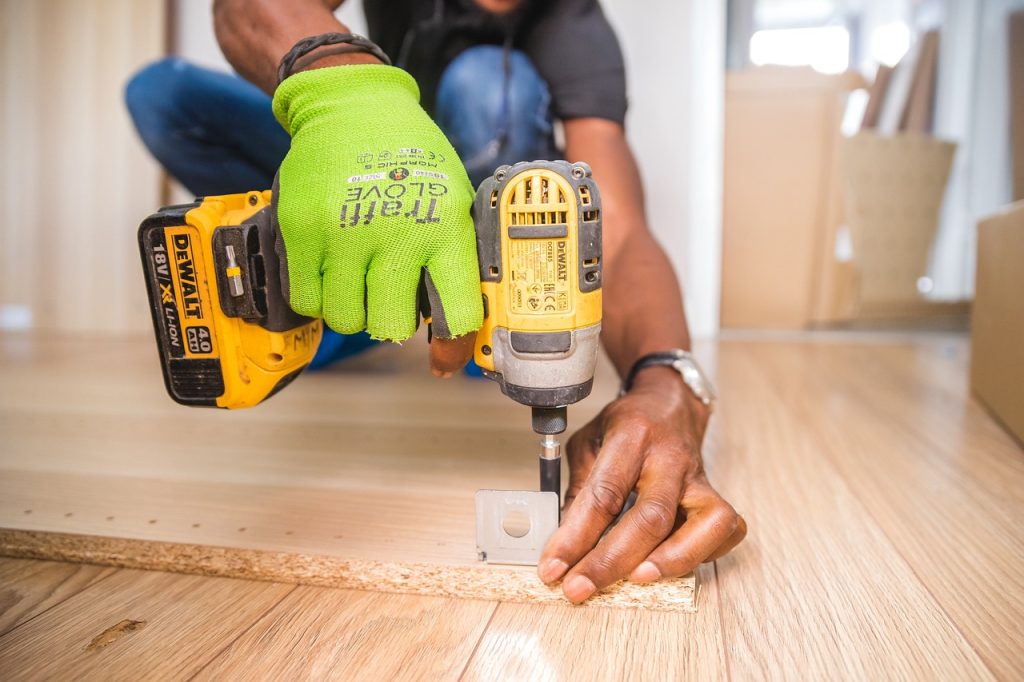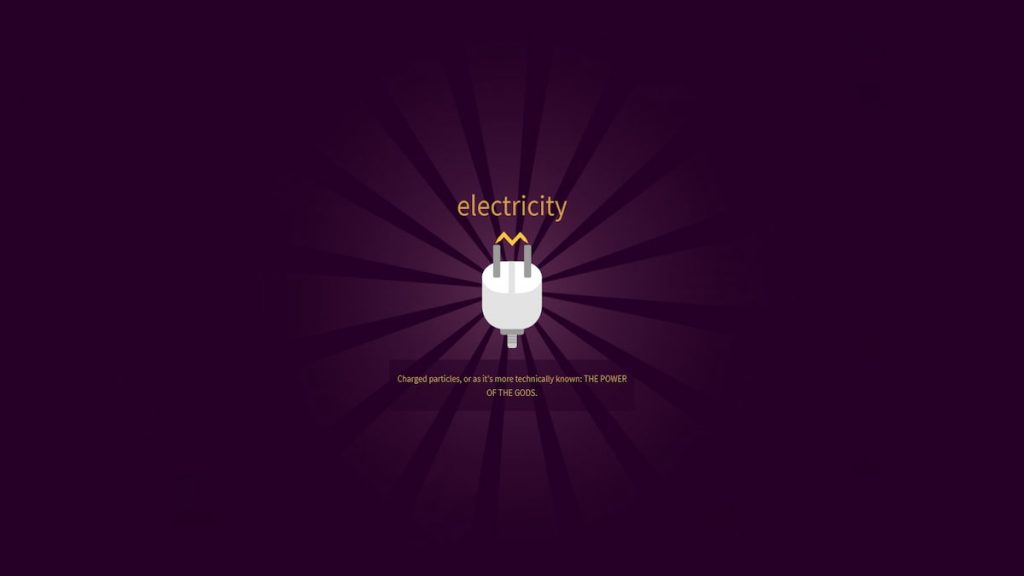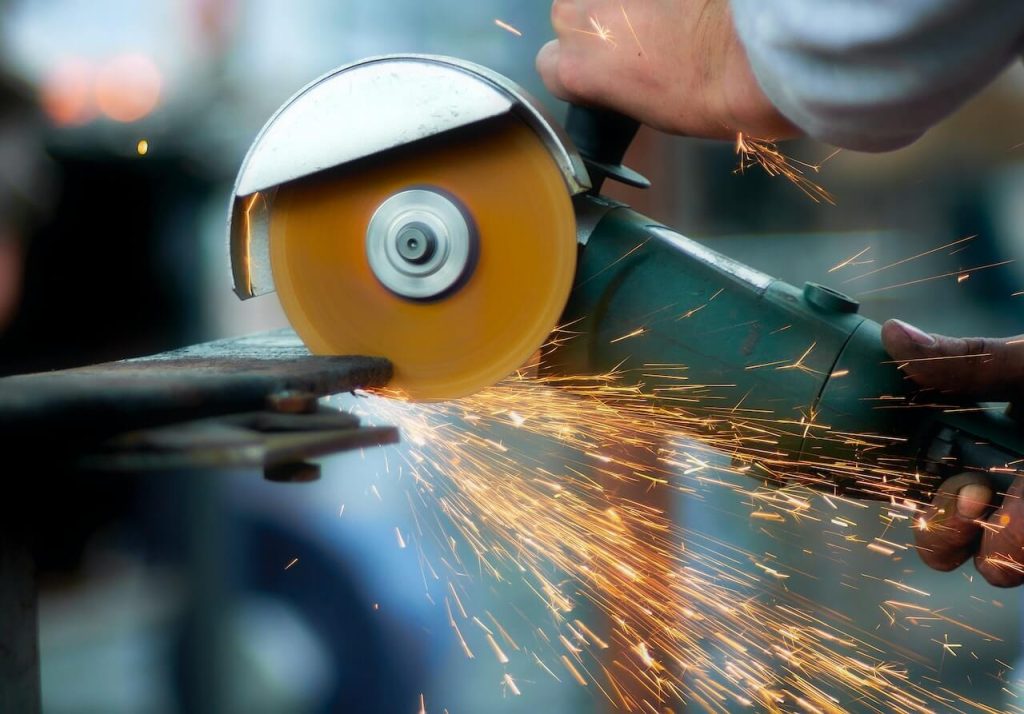Choosing the right drill for your DIY projects can make a significant impact on the outcome of your work. With so many options on the market, it can be overwhelming to determine which drill is the best fit for your needs.
Whether you are a seasoned DIY enthusiast or a novice looking to tackle your first project, having the right drill is essential to ensure precision, efficiency, and overall success.
In this comprehensive guide, we will explore the key factors to consider when selecting a drill, including power source, drill type, chuck size, and additional features.
By understanding these essential elements, you will be equipped with the knowledge needed to make an informed decision when choosing the best drill for your specific projects. From corded to cordless drills, hammer drills to impact drivers, this guide will provide you with the necessary information to confidently select the perfect tool for your DIY endeavors.
So, whether you are planning to build a deck, hang shelves, or complete a home renovation project, this guide will help you navigate the vast array of drill options available on the market and choose the one that best suits your needs.
Being a homeowner in America often involves a fair share of do-it-yourself (DIY) projects. Whether you’re mounting shelves, building a deck, or fixing a leaky pipe, having the right tools for the job is essential. And among these tools, a reliable drill is a must-have.
Why Drills Reign Supreme in American Homes
Here’s why drills are particularly well-suited to the American DIY lifestyle:
Versatility: Drills can handle a wide range of tasks, from drilling holes in wood and metal for screws and fasteners to driving in anchors and mixing paint.
Convenience: Drills are compact and portable, making them easy to maneuver and store in tight spaces.
Relatively Easy to Use: While mastering carpentry or plumbing might take time, using a drill is relatively straightforward, making it accessible for even novice DIYers.
Wide Range of Options: There are numerous drill types available, from basic corded models to cordless powerhouses with advanced features. This variety allows you to choose a drill that perfectly suits your needs and budget.
Choosing the Right Drill for Your Project
Not all drills are created equal. Here are some factors to consider when selecting the right drill for your American DIY needs:
Corded vs. Cordless: Corded drills offer consistent power but limit mobility. Cordless drills provide freedom of movement but require battery charging.
Power: Measured in volts (V), higher voltage generally translates to more drilling power. Consider the materials you’ll be drilling into most often.
Features: Some drills offer features like variable speed control, hammer action for masonry drilling, and built-in light for better visibility.
Budget: Drills range in price from affordable options for occasional use to feature-packed models for serious DIYers.
Consider power needs for projects.
When selecting a drill for your DIY projects, it is crucial to consider the power requirements of your tasks. Different projects may demand varying levels of power, so it is essential to choose a drill that can deliver the necessary torque and RPM (revolutions per minute) for your specific needs.
For light-duty tasks such as assembling furniture or hanging pictures, a lower-powered drill may suffice. However, for more demanding projects like drilling through hardwood or metal, a higher-powered drill with adjustable speed settings would be more appropriate.
By carefully evaluating the power needs of your projects, you can ensure that you select a drill that is capable of handling the tasks at hand efficiently and effectively.
Check versatility and ease-of-use.
Another important factor to consider when choosing the best drill for your DIY projects is its versatility and ease-of-use. Versatility refers to the range of applications the drill can handle effectively.
A versatile drill should be able to perform a wide variety of tasks beyond just drilling holes, such as driving screws, sanding, and mixing paint. Look for drills with interchangeable accessories or multiple settings that allow you to switch between different functions easily.
Additionally, ensure that the drill is user-friendly, with features like a comfortable grip, intuitive controls, and clear instructions for operation. A drill that is versatile and easy to use will not only save you time and effort but also enhance your overall DIY experience.
Review battery life and power.
When selecting the best drill for your DIY projects, it is crucial to review the battery life and power capabilities of the tool. Battery life is essential, especially for cordless drills, as it determines how long you can use the drill before needing to recharge.
Make sure to choose a drill with a battery that can last through your typical project duration without frequent interruptions.
Additionally, consider the power of the drill, as it directly impacts its performance. A more powerful drill will be able to handle tougher materials and tasks with ease, making your DIY projects more efficient and precise.
Ensure you select a drill with the right balance of battery life and power to meet your specific project needs.
Evaluate chuck size for compatibility.
Another important aspect to consider when choosing the best drill for your DIY projects is evaluating the chuck size for compatibility. The chuck size refers to the diameter of the opening where you insert and secure drill bits.
It is crucial to ensure that the chuck size of the drill you choose is compatible with the range of drill bits you commonly use. A smaller chuck size may limit the variety of bits you can use, while a larger chuck size could be cumbersome for smaller, delicate projects.
Take into account the types of projects you typically work on and the sizes of drill bits you use most frequently to determine the ideal chuck size that will provide you with the versatility and precision needed to complete your projects efficiently.
Research trusted brands for reliability.
When selecting a drill for your DIY projects, reliability is paramount. To ensure that you invest in a tool that will serve you well for years to come, it is crucial to research trusted brands known for their reliability.
Established brands often have a reputation for producing high-quality products that are durable and dependable. Look for brands that have a history of innovation, excellent customer service, and positive reviews from other DIY enthusiasts.
By choosing a drill from a reputable brand, you can have confidence in the performance and longevity of your tool, allowing you to tackle your projects with peace of mind.
Conclusion
In conclusion, choosing the best drill for your DIY projects is a crucial decision that demands careful consideration of various factors. By understanding the different types of drills, their key features, and your specific project requirements, you can make an informed choice that will enhance your efficiency and productivity.
Investing in a high-quality drill suited to your needs not only ensures precision and ease in your tasks but also contributes to the overall success of your projects. Remember, a well-informed DIYer armed with the right tools is empowered to tackle any project with confidence and precision.



